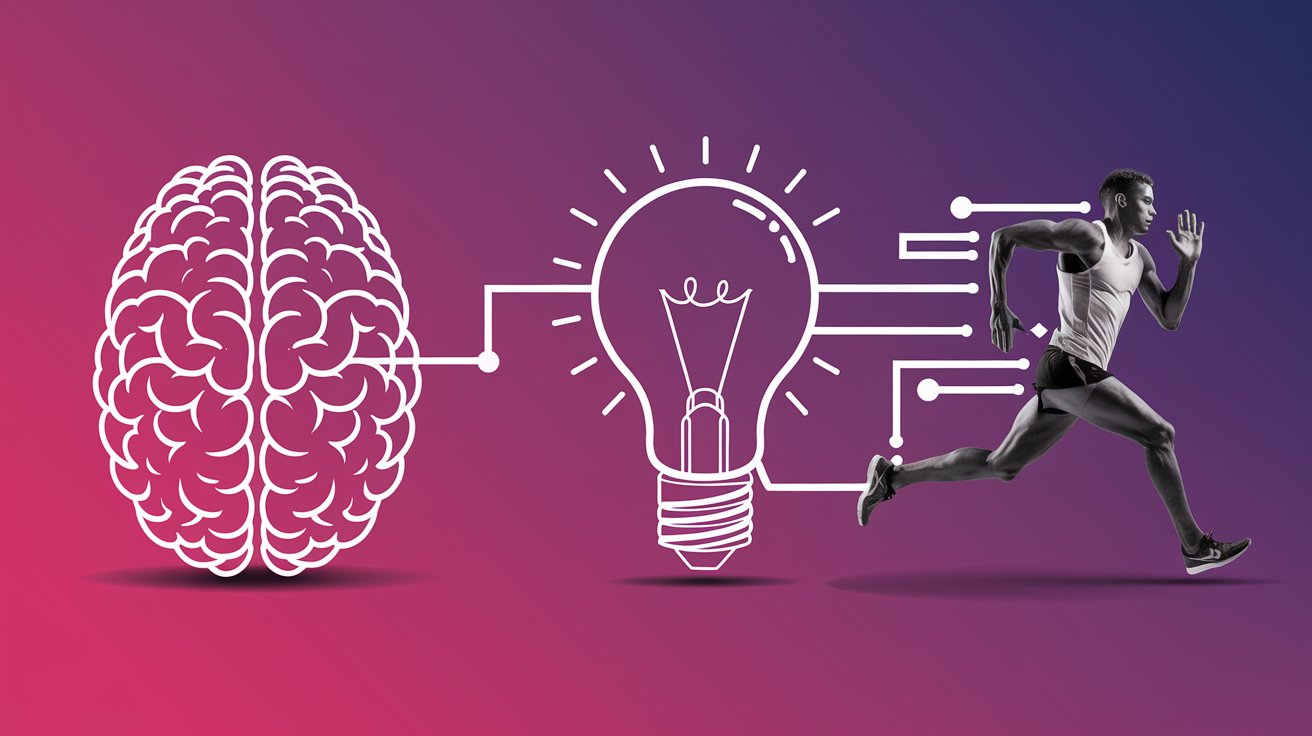In the fast-paced world of human development, the space between AI and human psychology provides a potent gap. Specifically, AI coaches such as the Dr. FeelGood App are changing the landscape of motivation and self-improvement. But how exactly do these online mentors use technology to understand and affect human behavior? Not only is this an interesting question, but it provides insight into the capabilities and potential of AI in motivational coaching.
How AI Is Understanding Functions
In contrast to human coaches, AI models like Dr. FeelGood are based on enormous data sets and sophisticated algorithms. These are built to detect patterns in the human population and serve the user’s requirements and objectives. AI intelligence is all about ingesting inputs – whether speech, interaction history or patterns of engagement – and extracting useful insights or actions.
Motivational psychology can be thought of as a matter of matching one’s values with desired outcomes, finding blocks and generating internal motivation. Through its AI interface, Dr. FeelGood does so by harnessing similar psychological ideas. Complex algorithms mimic insights into fundamental human needs, enabling users to learn what motivates them in the first place and how to stay motivated to meet personal or professional goals.
Mimicking Human-Like Understanding
Dr. FeelGood isn’t the emotional intelligence of a human coach, but it offers a decent attempt at human insight via what we might call ‘emotionally intelligent algorithms’. The app is designed to solicit questions that indicate a deep understanding of human motivations – values, hopes, and challenges. This is very much like coaching — you are forced to take stock and dig deeper into yourself.
In addition, Dr. FeelGood’s 24×7 service ensures that patients can use the app whenever it’s convenient for them to do so. This adaptability keeps motivation alive, without the schedule pressures a human coach might face.
Motivation With AI: The Science Of Motivation.
The core of AI coaching is the fact that it creates a long-term motivational journey, not a fix-all solution. Dr. FeelGood accomplishes this by asking users more profound questions that reflect the motivational theories described in coaching manuals. Questions about one’s values, what’s on one’s agenda, and how to move towards an outcome are in the AI’s repertoire.
AI invites users to consider their transcendental goals and potential future selves, allowing them to imagine life after the goal has been achieved. These techniques are vital in encouraging people to begin with small, practical steps that build up to bigger goals.
Cementing Relationships Through Indirect Coaching.
It is a style of non-directivity that AI coaches such as Dr. FeelGood can use to build a rapport that’s the opposite of successful human coaching. Instead of being instructive, the AI will guide a conversation in which the user is really heard, thereby enabling a partnership built on equality and trust. This approach leaves the user in control, and it puts the power of change in the user’s own hands, which can be more inspiring than simply being instructed.
The Future of AI in Motivational Coaching
The Dr. FeelGood App is a prime example of how AI can make great use of the nuanced science of human psychology to enhance motivation. By offering profound personalisation and emotional engagement, such AIs not only enable individual growth but may even revolutionise the way society thinks about motivation and goal setting.
As AI technology develops, we might see more and better ways of grasping and motivating ourselves, and this will continue to limit what machines such as Dr. FeelGood are capable of doing to mimic and drive human psychology.
This combination of AI and motivational psychology represents a promising new realm of personal improvement, where the implications can literally be life-changing for users all over the world.

